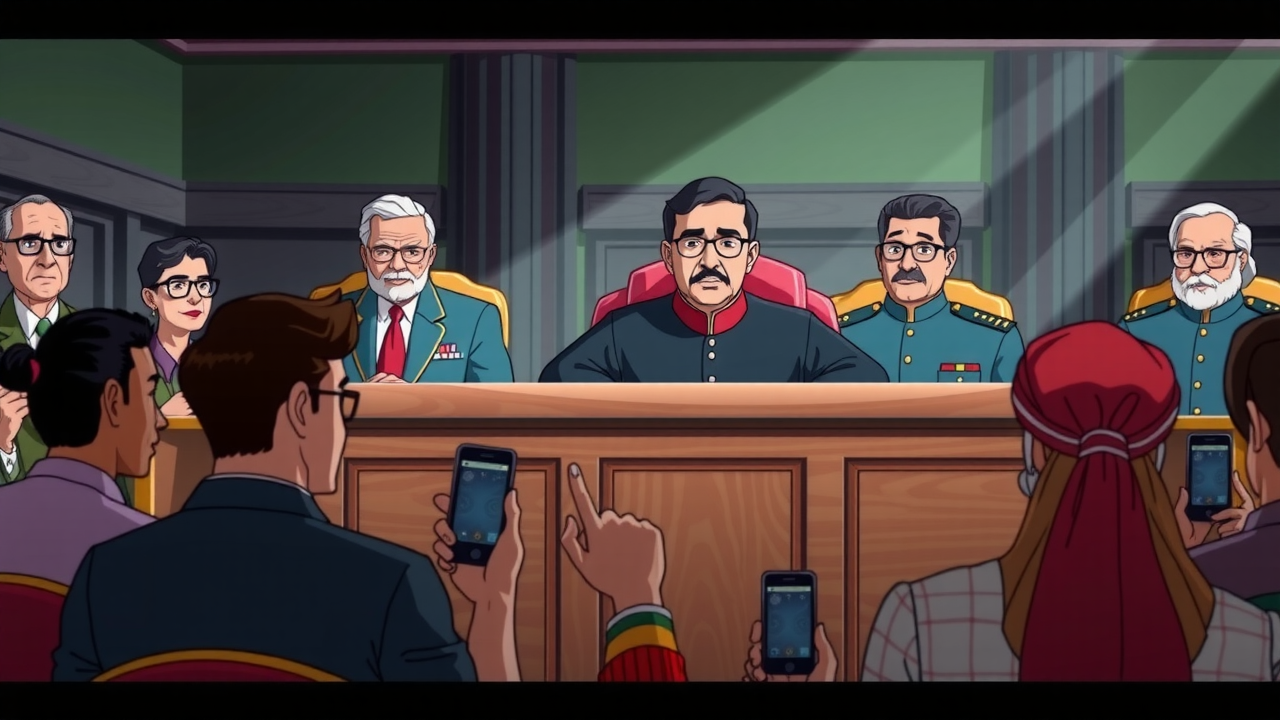The Supreme Court has taken suo motu cognizance of the alleged rape and murder of a trainee doctor at RG Kar Medical College in Kolkata. Dissatisfied with the Kolkata Police’s investigation, the Calcutta High Court transferred the case to the CBI. With concerns about the investigation being derailed

The Supreme Court of India has taken suo motu cognizance of the rape and murder of a postgraduate trainee doctor at RG Kar Medical College Hospital in Kolkata. A bench comprising Chief Justice of India DY Chandrachud and Justices JB Pardiwala and Manoj Misra is set to hear the matter on August 20, 2024. The case is titled “In Re: Alleged Rape and Murder of Trainee Doctor in RG Kar Medical College Hospital, Kolkata, and related issues”, which was registered yesterday at 01:03 PM.
Incident and Initial Investigation:
- On August 9, 2024, the body of a post-graduate trainee doctor was discovered in the seminar room of RG Kar Medical College Hospital.
- The following day, Kolkata Police arrested a civic volunteer in connection with the case.
High Court’s Intervention and Transfer of Investigation to CBI:
- On August 13, 2024, the Calcutta High Court directed the Central Bureau of Investigation (CBI) to take over the investigation, expressing dissatisfaction with the Kolkata Police‘s handling of the case.
- The High Court’s order was based on petitions filed by one of the victim’s parents and other individuals.
Unnatural Death Case Registered:
- It was also highlighted that the police had initially registered a case of unnatural death. Such cases are typically registered when no formal complaint has been lodged.
- The High Court found it surprising that no complaint had been filed by the hospital principal, especially since the deceased was a doctor working in the same hospital.
- The victim’s parents raised concerns that if the investigation continued under the present circumstances, it could be derailed. They sought extraordinary relief from the court.
Lack of Progress and Destruction of Evidence:
- The High Court bench comprising Chief Justice TS Sivagnanam and Justice Hiranmay Bhattacharya expressed dissatisfaction with the lack of significant progress in the investigation.
- The court observed that the hospital administration did not support the victim or her family, and noted that the principal had not provided a statement. The bench stated, “Without significant progress in the investigation, we would be well justified in accepting the prayers by the victim’s parents that evidence would be destroyed. Therefore, we transfer the investigation to the CBI to do justice between parties and to inspire public confidence.”
- The court also criticized the West Bengal authorities for failing to prevent acts of vandalism that occurred at RG Kar Hospital during protests on August 14, 2024.





